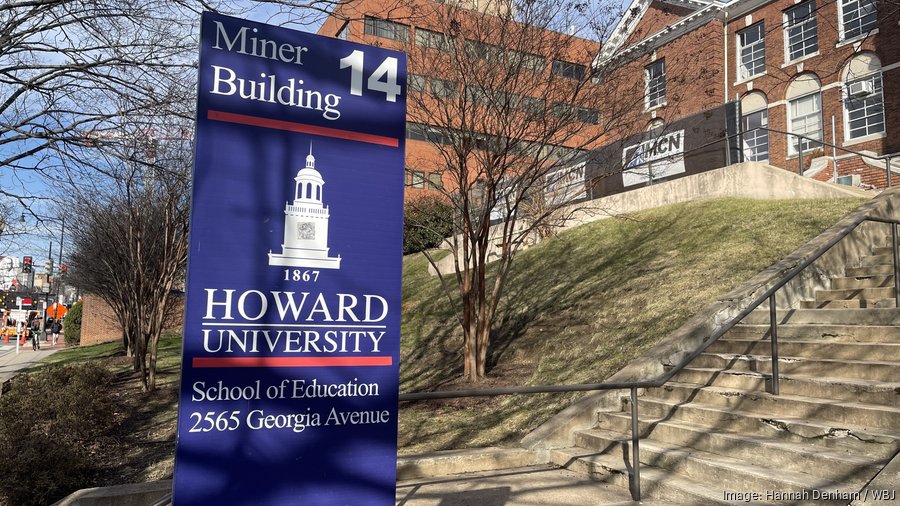By: Brittany Bailer
The Howard University School of Education has been named the recipient of the 2024 American Association of Colleges for Teacher Education (AACTE) Best Practice Award in Support of Global and International Perspectives. The University is being recognized for its revamped elementary education program that integrates global experiences into the curriculum.
“It is an honor to be recognized by AACTE,” said School of Education Dean Dawn Williams, Ph.D. “This collective effort to foster cross-cultural understanding for our pre-service teachers underscores the importance of interconnected education in our increasingly interconnected world.”
The School of Education’s Department of Curriculum and Instruction prepares candidates to become elementary, secondary, and special education teachers. The department emphasizes the strengths of diverse people, languages, and cultures while ensuring that teacher candidates have the social and emotional skills to establish rapport with students from diverse backgrounds.
Its global initiative immerses future teacher leaders in underserved communities in Colombia through a week-long spring break program. Now in its fifth year, the initiative gives elementary education students opportunities to engage with local officials, conduct community service, and present on the U.S. educational system in English and Spanish.
The award recognizes exemplary practice in the intercultural, global, cross-cultural, and international arenas and is overseen by AACTE’s Committee on Global Diversity as part of its mission to ensure that an international perspective is brought to policies and programs associated with the preparation of education professionals.
“It is my pleasure to present Howard University with the Best Practice Award in Support of Global and International Perspectives,” said Lynn M. Gangone, AACTE president and CEO. “Howard University’s global initiative stands as a pinnacle of the industry and testament to the university’s commitment to foster compassionate and culturally responsive educators.”

